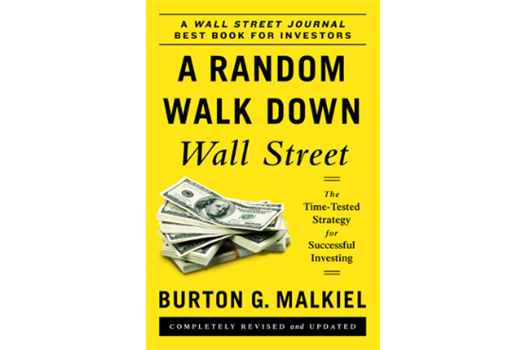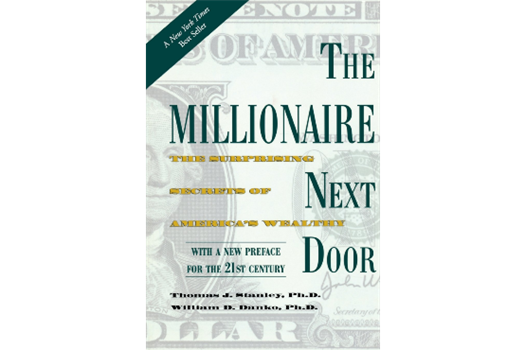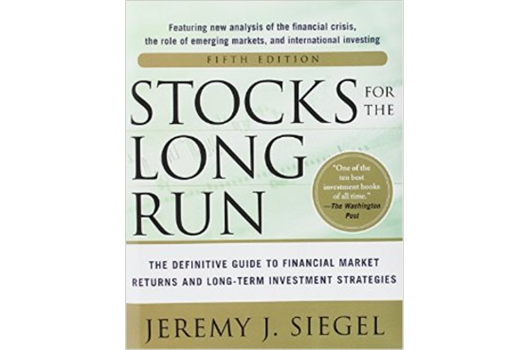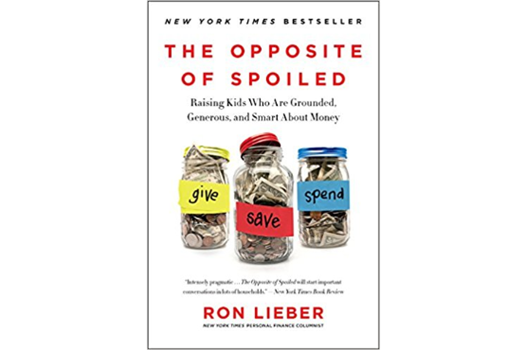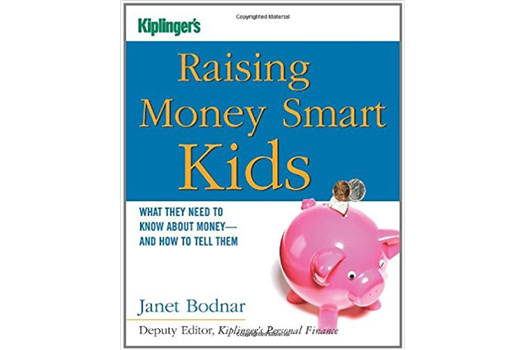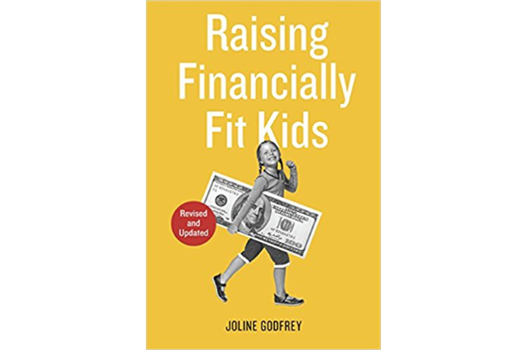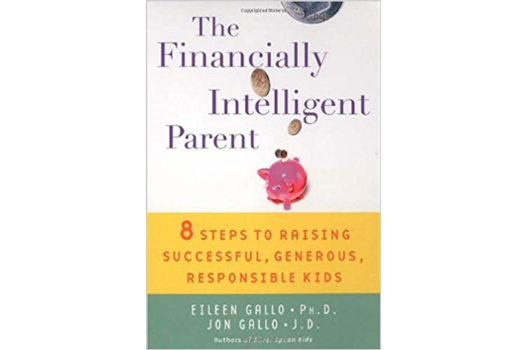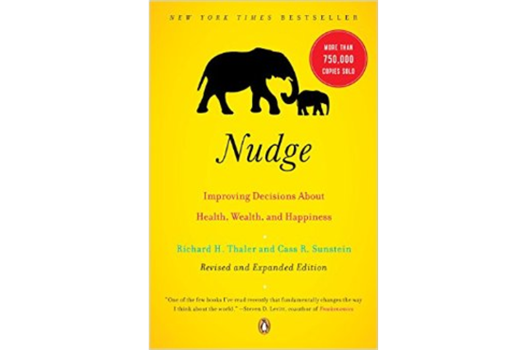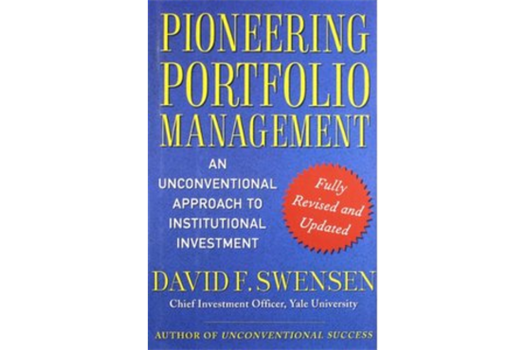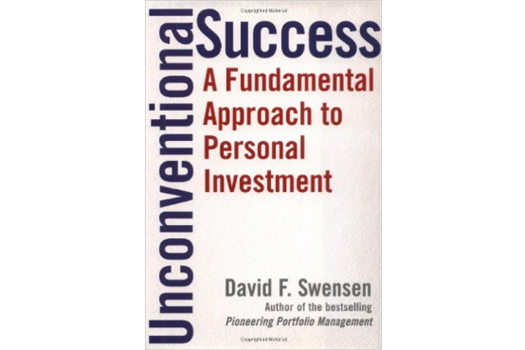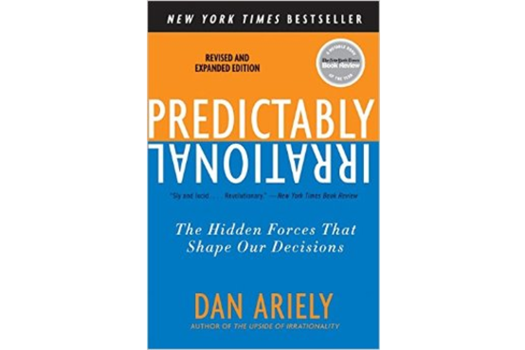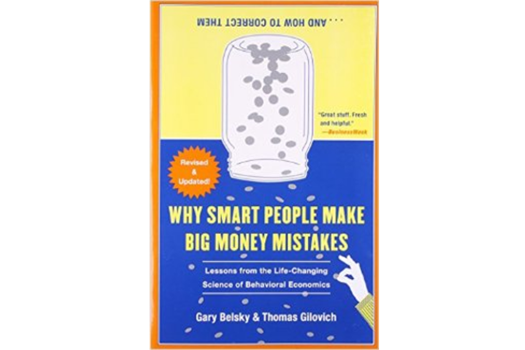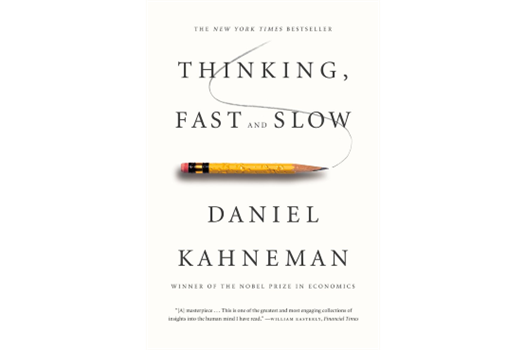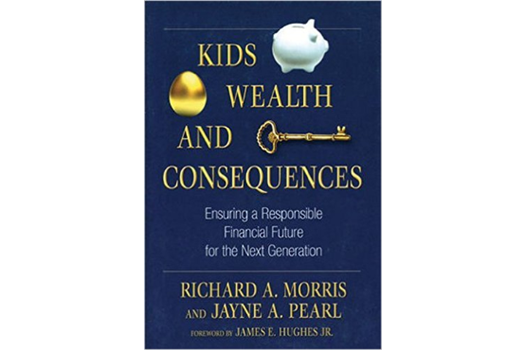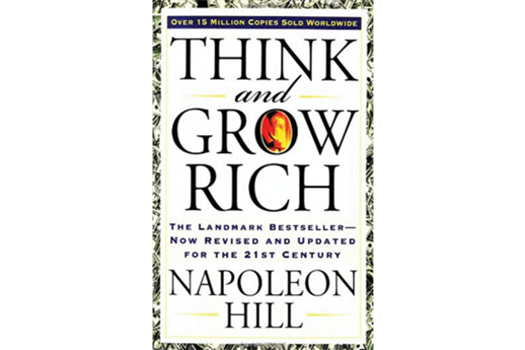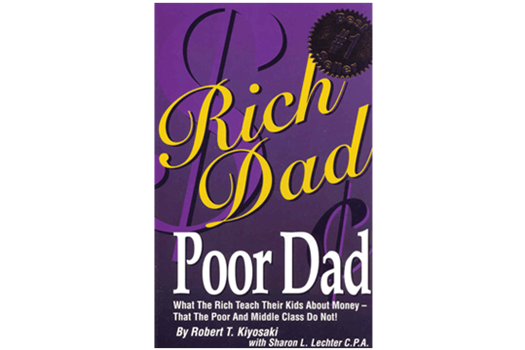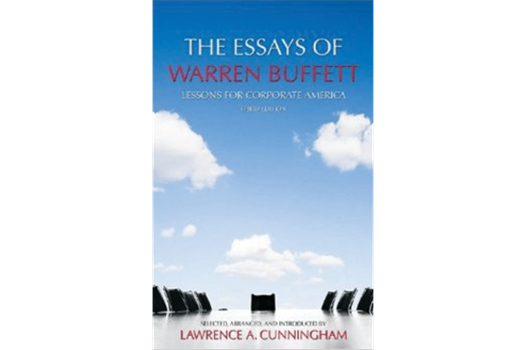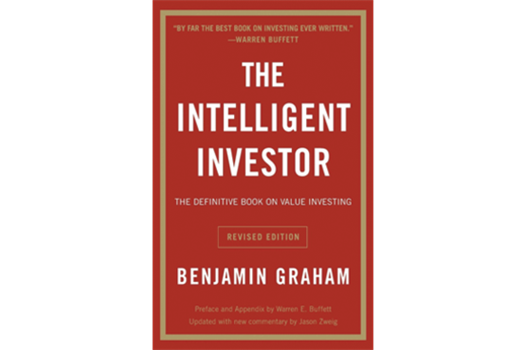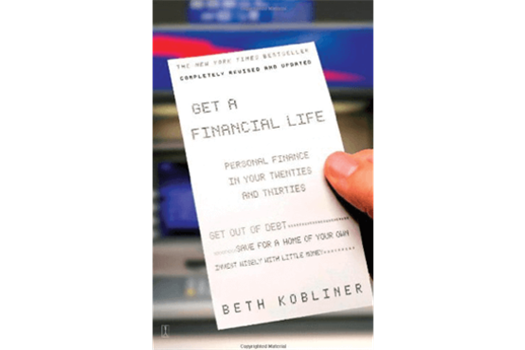
Information is Power
100% transparency. Your best interests 100% of the time.
A Random Walk Down Wall Street
Burton Gordon Malkiel
Written by renowned economist Burton Gordon Malkiel, A Random Walk has proven to be a staple for any good investor’s bookshelf since it was first published in 1973. While I don’t necessarily agree with the entire book, the ideas presented between its covers are downright fascinating.
The Millionaire Next Door
Dr. Thomas J. Stanley and Dr. William D. Danko
What’s a better way of learning how to be rich by studying…well, the rich?
That’s the idea behind The Millionaire Next Door — which draws upon the work of two doctors who studied the lives and financial philosophies of the wealthy.
Stocks for the Long Run
Jeremy Siegel
This one frequently appears in “best investment books” lists — and for good reason. Since its publication, the Siegel book has become known as the buy and hold bible, touting the overall benefits of long-term passive investments in equities.
The Opposite of Spoiled: Raising Kids Who Are Grounded, Generous, and Smart About Money
Ron Lieber
I don’t have kids, but when I do, I’m going to make sure I have the talk with them early.
No, not THAT talk. I’m talking about the money discussion where I teach them all about the importance of diversification in their portfolios and the superiority of index funds over individual stocks. You know. Things kids like.
Luckily, finance columnist and father Ron Lieber has plenty of actionable and proven advice on how to approach talking to your kids about allowances, part-time jobs, college tuition, and even the tooth fairy.
Raising Money Smart Kids
Janet Bodnar
Wise money management and wise living go hand-in-hand, and nowhere else is this truth demonstrated more vividly than in Raising Money-Smart Kids. This easy-to-understand guidebook shows how parents and children can enjoy a lifetime of financial well-being and security--leading to financial independence and family harmony.
Raising Financially Fit Kids
Joline Godfrey
In Raising Financially Fit Kids, Joline Godfrey shares knowledge gleaned from two decades of preparing children and families for financial independence and stewardship, philanthropic effectiveness, and meaningful economic lives. At the heart of the book are three big ideas:
- Financial education is not just about the money; it’s about building great families and raising self-confident kids who have the tools to realize their dreams.
- Financial sustainability means living within one’s means and acquiring skills to create and manage human and financial capital.
- Giving wisely is a global citizen’s responsibility.
Designed for parents, grandparents, mentors, advisors, and educators, Raising Financially Fit Kids uses ten core money skills applied across five developmental life stages: children, tweens, middle schoolers, high schoolers, and twenty-somethings. Each stage includes age-appropriate activities that make financial fitness fun, from mall scavenger hunts to financial film festivals.
The Financially Intelligent Parent
Eileen Gallo, P.H.D & Jon Gallo, J.D.
The essential guide to raising financially responsible children. What parents say and do about money has a profound influence on children. Here are the eight behaviors of financially intelligent parents that will help families of all economic backgrounds raise fiscally responsible children.
Nudge: Improving Decisions About. Health, Wealth, and Happiness
Richard H. Thaler
Nudge is about choices—how we make them and how we can make better ones. Drawing on decades of research in the fields of behavioral science and economics, authors Richard H. Thaler and Cass R. Sunstein offer a new perspective on preventing the countless mistakes we make—ill-advised personal investments, consumption of unhealthy foods, neglect of our natural resources—and show us how sensible “choice architecture” can successfully nudge people toward the best decisions. In the tradition of The Tipping Point and Freakonomics, Nudge is straightforward, informative, and entertaining—a must-read for anyone interested in our individual and collective well-being.
Pioneering Portfolio Management: An Unconventional Approach to Institutional Investment
David F. Swensen
In the years since the now-classic Pioneering Portfolio Management was first published, the global investment landscape has changed dramatically -- but the results of David Swensen's investment strategy for the Yale University endowment have remained as impressive as ever. Year after year, Yale's portfolio has trumped the marketplace by a wide margin, and, with over $20 billion added to the endowment under his twenty-three-year tenure, Swensen has contributed more to Yale's finances than anyone ever has to any university in the country. What may have seemed like one among many success stories in the era before the Internet bubble burst emerges now as a completely unprecedented institutional investment achievement.
Unconventional Success: A Fundamental Approach to Personal Investment
David F. Swensen
In Unconventional Success, investment legend David F. Swensen offers incontrovertible evidence that the for-profit mutual-fund industry consistently fails the average investor. From excessive management fees to the frequent "churning" of portfolios, the relentless pursuit of profits by mutual-fund management companies harms individual clients. Perhaps most destructive of all are the hidden schemes that limit investor choice and reduce returns, including "pay-to-play" product-placement fees, stale-price trading scams, soft-dollar kickbacks, and 12b-1 distribution charges.
Predictably Irrational: The Hidden Forces That Shape Our Decisions
Dan Ariely
In this newly revised and expanded edition of the groundbreaking New York Times bestseller, Dan Ariely refutes the common assumption that we behave in fundamentally rational ways. From drinking coffee to losing weight, from buying a car to choosing a romantic partner, we consistently overpay, underestimate, and procrastinate. Yet these misguided behaviors are neither random nor senseless. They're systematic and predictable—making us predictably irrational.
Why Smart People Make Big Money Mistakes and How to Correct Them
Gary Belsky and Thomas Gilovich
In their fascinating investigation of the ways we handle money, Gary Belsky and Thomas Gilovich reveal the psychological forces—the patterns of thinking and decision making—behind seemingly irrational behavior. They explain why so many otherwise savvy people make foolish financial choices: why investors are quick to sell winning stocks and slow to sell losing shares, why home sellers leave money on the table and home buyers don’t get the biggest bang for their buck, why borrowers pay too much credit card interest and savers can’t sock away as much as they’d like, and why so many of us can’t control our spending. Focusing on the decisions we make every day, Belsky and Gilovich provide invaluable guidance for avoiding the financial faux pas that can cost thousands of dollars.
Thinking, Fast and Slow
Daniel Kahneman
In the international bestseller, Thinking, Fast and Slow, Daniel Kahneman, the renowned psychologist and winner of the Nobel Prize in Economics, takes us on a groundbreaking tour of the mind and explains the two systems that drive the way we think. System 1 is fast, intuitive, and emotional; System 2 is slower, more deliberative, and more logical. The impact of overconfidence on corporate strategies, the difficulties of predicting what will make us happy in the future, the profound effect of cognitive biases on everything from playing the stock market to planning our next vacation―each of these can be understood only by knowing how the two systems shape our judgments and decisions.
Kids, Wealth, and Consequences
Richard A. Morris, Jayne A. Pearl & James E. Hughes Jr.
Leaving children with a substantial amount of money can be a boon or a burden. High-net-worth parents need to give their children an education to navigate today’s complex world. The question becomes how to raise children with a sense of reality and balance, imparting a strong work ethic, and making them good stewards of their wealth.
Think and Grow Rich
Napoleon Hill
Think and Grow rich has been used by millions of business leaders around the world to create a concrete plan for success that, when followed, never fails. About the author: As a young special investigator for a national business magazine, Napoleon Hill was sent to interview Andrew Carnegie. During that interview, Carnegie slyly dropped a hint of a certain master power he used; a magic law of the human mind-a little known psychological principle that was amazing in its power. Carnegie suggested to Hill that on that principle he could build the philosophy of all personal success-whether it be measured in terms of Money, Power, Position, Prestige, Influence, or Accumulation of Wealth.
Rich Dad Poor Dad
Robert Kiyosaki
Rich Dad Poor Dad, the #1 Personal Finance book of all time, tells the story of Robert Kiyosaki and his two dads—his real father and the father of his best friend, his rich dad—and the ways in which both men shaped his thoughts about money and investing. The book explodes the myth that you need to earn a high income to be rich and explains the difference between working for money and having your money work for you.
The Essays of Warren Buffet
Lawrence A. Cunningham
Cunningham's new book, Berkshire Beyond Buffett: The Enduring Value of Values, takes deep dives with Berkshire executives inside their businesses to glimpse the future by a study of the past. By arranging Buffett's lengthy writings thematically, Cunningham's classic clarifies all the principles of Buffett's philosophy of business and investing.
The Intelligent Investor
Benjamin Graham
The greatest investment advisor of the twentieth century, Benjamin Graham, taught and inspired people worldwide. Graham's philosophy of "value investing" -- which shields investors from substantial error and teaches them to develop long-term strategies -- has made The Intelligent Investor the stock market bible ever since its original publication in 1949.
Get A Financial Life
Beth Kobliner
If you've been meaning to get your finances in shape but have no idea where to start, this is your playbook: The all-new edition of the New York Times bestseller Get a Financial Life busts open the system, teaching tricks for becoming master of your own money universe. No matter what's happening in the economy, all the guidance you need is right here.
